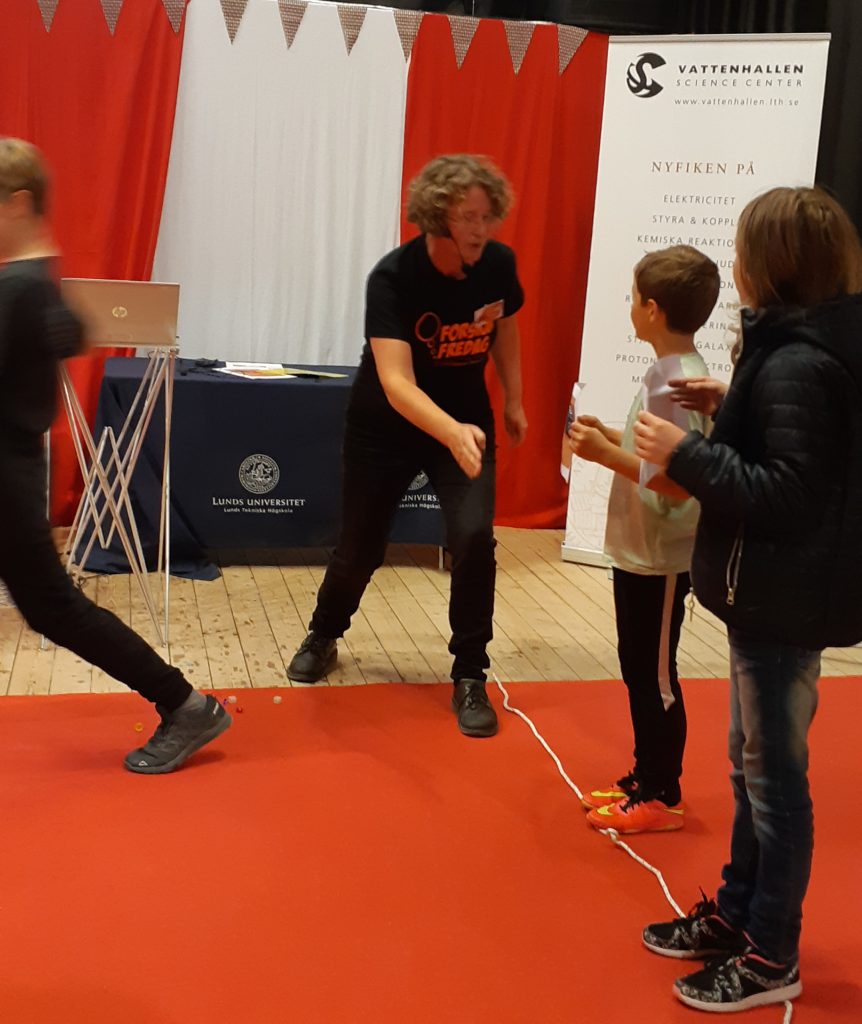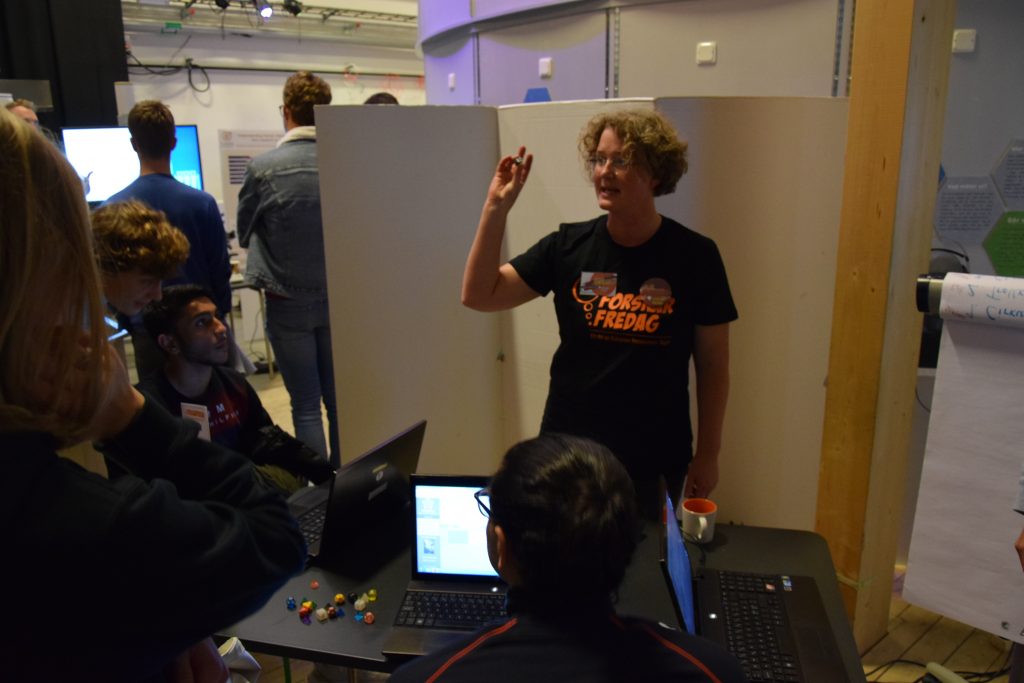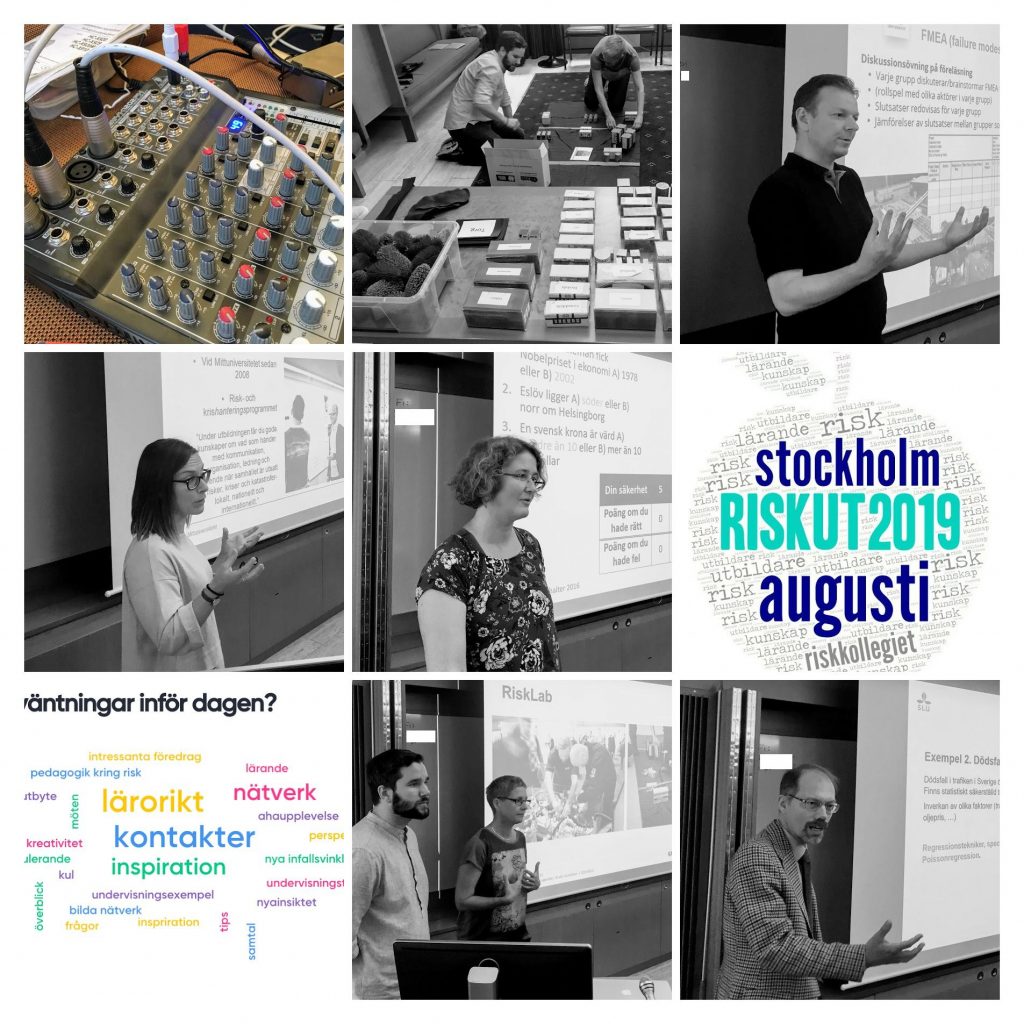Alla med intresse för risk- och säkerhetsfrågor inbjuds nu att nominera kandidater till 2020 års pris ”The Swedish Risk Academy Award to a Young Researcher”
Riskkollegiet är en ideell förening vars syfte är att öka kunskapen om risker i samhället, och om hur risker uppfattas och hanteras i olika sammanhang. I enlighet med sitt syfte delar Riskkollegiet årligen ut ett pris för att hedra och uppmärksamma personer som genom sin forskning bidrar till att öka kunskapen om risker.
Nu utlyses 2020 års pris, The Swedish Risk Academy Award to a Young Researcher. Det ska gå till en yngre forskare vars forskning har relevans för Riskkollegiets syfte och vilken i sin forskning visat god initiativförmåga, engagemang och vetenskaplig mognad. Forskaren skall vara doktorand eller nydisputerad forskare (disputation 2018 eller 2019 i Sverige).
Nomineringen skall innehålla:
- Den nominerades namn, titel på avhandling och disputationsdatum
- En kort beskrivning av den nominerades forskning
- En motivering till nominering
- En förteckning över den nominerades publikationer
- Kontaktuppgifter till den som nominerar
Skicka din nominering till Riskkollegiet vi följande formulär bit.ly/2QLK1Yo senast den 17 december 2019. Styrelsens beslut om pristagare kommer att beredas av Riskkollegiets vetenskapliga råd.
Priset delas ut på Riskkollegiets årsmöte och består av en plakett jämte ett stipendium om 8 000 kr. I samband med prisutdelningen förväntas pristagaren ge en presentation av sin forskning.
Eventuella frågor om priset och nomineringsprocessen kan ställas till Ullrika Sahlin, ordförande i Riskkollegiets styrelse, e-post: Ullrika.Sahlin@cec.lu.se.




Comments